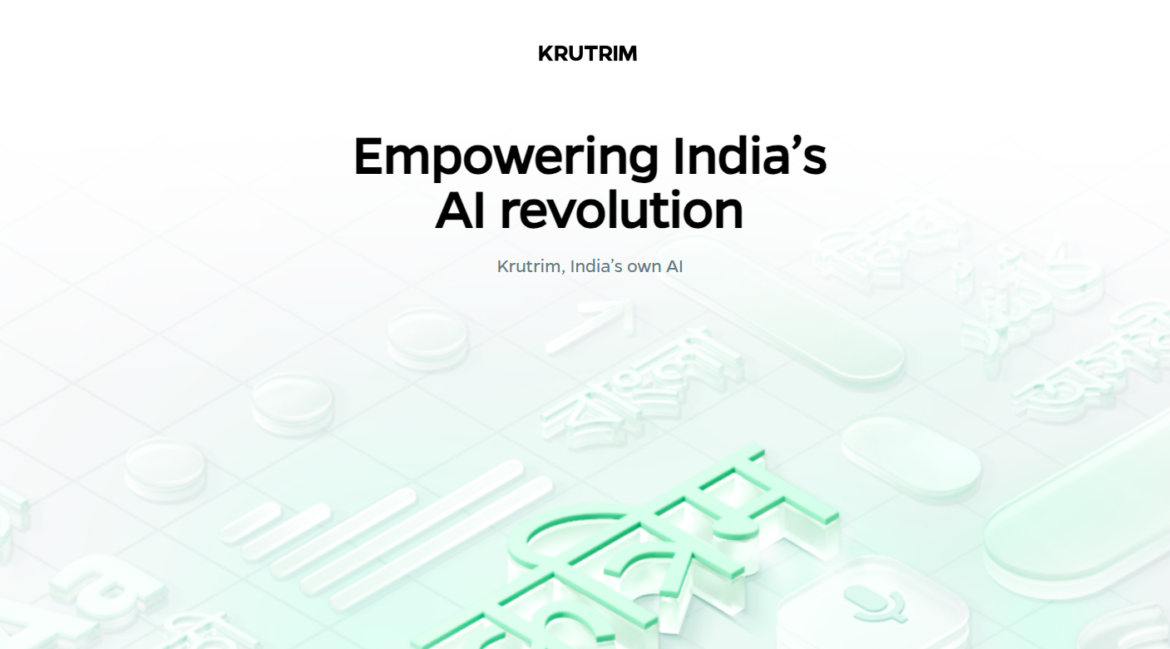Krutrim, a tech startup, is gearing up to introduce its novel generative artificial intelligence (AI) chatbot application, signaling a significant advancement in digital interaction technology. Led by Bhavish Aggarwal, Krutrim aims to redefine online engagement through cutting-edge innovations.
In a recent announcement on social media platform X, formerly Twitter, Aggarwal unveiled the imminent release timeline of the debut AI product. Offering a preview of its functionalities through shared screenshots, Krutrim emphasized its commitment to understanding and accommodating India’s linguistic diversity. The forthcoming AI products are designed to comprehend a wide array of languages, covering all 22 scheduled languages in India, and will facilitate content generation in eight different languages.
Aggarwal’s update on February 4 indicated the final stages of testing for the @Krutrim app, slated for launch in the coming week. While expressing satisfaction with the app’s current capabilities, Aggarwal assured users of ongoing improvements post-launch.
The demonstration of the chatbot’s versatility garnered attention, with examples showcasing its ability to address basic inquiries and provide suggestions. However, a specific exchange sparked debate among netizens.
When asked about India’s status as a country before independence, the Krutrim AI chatbot’s response generated discussion. Claiming that India existed as a sovereign entity prior to the British Raj, the response prompted conversations on historical accuracy. Aggarwal contrasted this response with that of OpenAI’s ChatGPT, which presented a different historical perspective, leading users to share their opinions.
Critics raised concerns about potential inaccuracies, highlighting instances where large language models generate incorrect information. Some users favored ChatGPT’s response for its alignment with historical facts, while others noted a user interface flaw, specifically the misalignment of the ‘Send’ icon with the text box.
Krutrim has provided insights into its family of Language Model Models (LLMs), including the Krutrim base and Krutrim Pro variants, with the latter hailed as a multimodal foundational model. These models underwent extensive training on a corpus exceeding two trillion Indic language tokens. While the startup hinted at voice-enabled functionality for its generative AI apps, its inclusion at launch remains uncertain.
Furthermore, Krutrim shared performance benchmarks of its AI models, showcasing competitive results against Meta Llama 2 7B, a coding assistant model trained on over 500 billion tokens. Despite outperforming Meta Llama 2 7B across various benchmarks such as Arc, Hellaswag, and Copa, Krutrim’s performance lagged on benchmarks like MMLU, Bigbench, and Lambada_open.
As Krutrim prepares to introduce its innovative AI chatbot app, there is anticipation for the potential impact it may have on digital interactions, offering users a glimpse into the future of conversational AI technology.


Leave a Reply